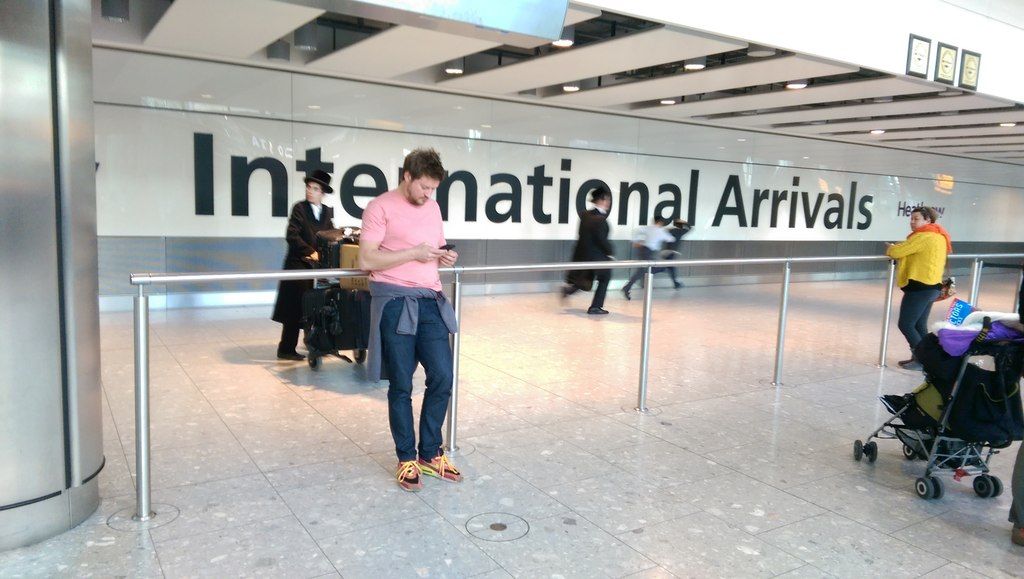With concern growing globally in regard to reports from Denmark of a mutated coronavirus passing from mink to humans, the United Kingdom has been the first to act.
On Friday, CPH POST reported that Britain had put a two-week quarantine in place and removed Denmark as a travel corridor.
This was strengthened over the weekend with an entry ban introduced for travellers from Denmark. Ships, planes and freight drivers have been told they cannot land, dock or travel into the country.
READ MORE: New Danish strain of coronavirus could derail worldwide vaccine efforts, fear experts
An unprecedented response
The ban will initially apply for seven days, at which point the need for an extension will be considered. As one of Denmark’s most important markets, the news came as a blow to Danish industry.
“It is without precedent during the pandemic that the British have been so harsh on another country. Not even China was hit by such severe restrictions,” explained DR’s British correspondent Tinne Hjersing Knudsen.
Government fails to ease concerns
This comes despite a press conference on Saturday that sought to calm the nerves of its global audience – in particular the Brits. The mink outbreak has received heavy coverage in the UK, with a great deal of fear surrounding its potential impact on a future vaccine.
“Early in the coronavirus outbreak, the British government received harsh criticism for not taking action against cases of infection that came from abroad, so perhaps there is a political need to show that they are taking a hard line here,” Knudsen contended.















